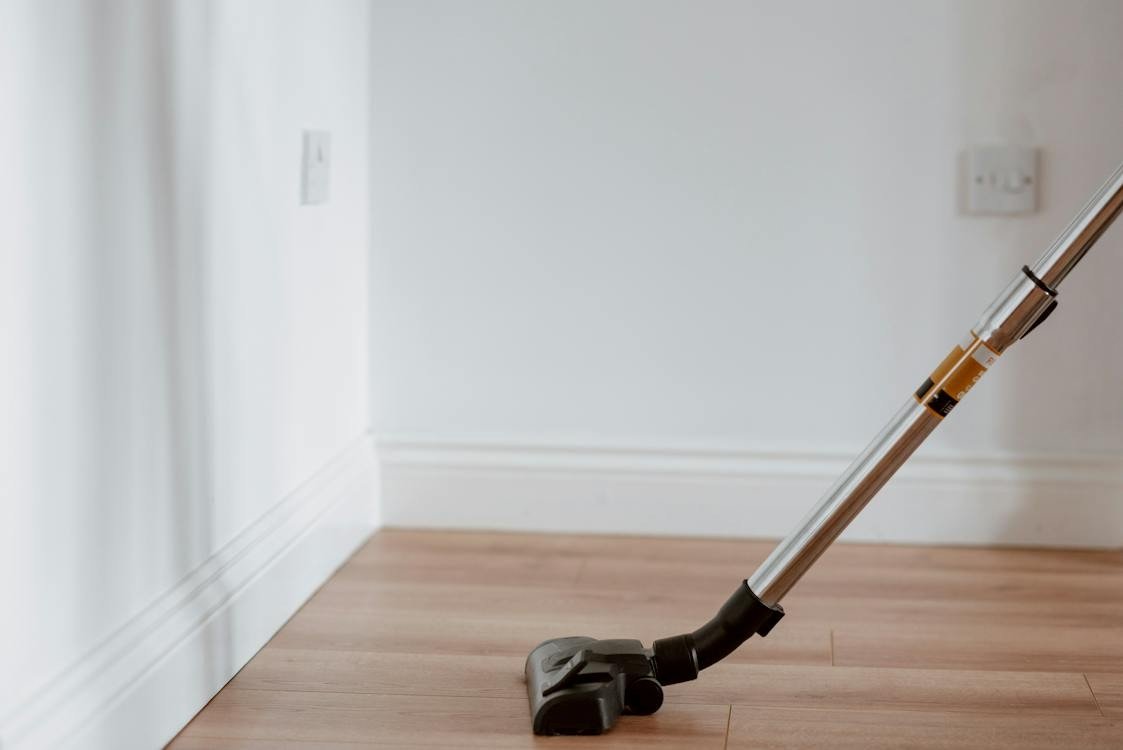Table of Contents Show
Taking care of your home is like looking after your health—preventive measures go a long way. Instead of waiting for a big problem to happen, regular check-ups can save you a lot of money and headaches. Think of it this way: it’s much easier to fix a small leak now than to deal with a flooded basement later. This article covers some top home maintenance tips that help you dodge those big repair bills down the road.
1. Inspect Roof and Gutters Regularly
Your roof and gutters are your home’s first defense against rain and storms. A small leak in the roof can lead to big problems, like mold or rotted framing. Check your roof for missing or damaged shingles and get them fixed quickly. Gutters play a big part too. When they’re clogged, water can’t flow away from your house, putting your foundation at risk. Twice a year, in the fall and spring, make sure to clean out those gutters and check for any blockages in the downspouts. It’s simple: keep water flowing away from your house, not into it.
2. Maintain Proper Drainage
Water damage is a home’s worst enemy. Good drainage takes water away from your house, protecting your foundation. Make sure the ground slopes away from your house, so water doesn’t pool around your foundation, leading to leaks or cracks. When it comes to your electrical system, water is a hazard you can’t ignore. If you’re dealing with drainage, you might need to check your outdoor electrical systems too. To hire a skilled team of electricians, visit the website of Integrated Electrical Solutions, and ensure that your home remains safe from electrical hazards associated with water intrusion. This step keeps your home dry and your lights on.
3. Check and Replace HVAC Filters
Your heating, ventilation, and air conditioning (HVAC) system keeps your home comfortable year-round. But when its filters get clogged, it has to work harder, which can lead to expensive problems. By simply checking and replacing these filters every few months, you ensure your system runs efficiently. This not only saves you money on energy bills but also extends the life of your HVAC system. Plus, you’ll breathe easier with cleaner air in your home.
4. Regular Plumbing Checks
A small drip might not seem like a big deal, but over time, it can add up to a lot of wasted water and even cause water damage. Take a walk through your home and check under sinks, around toilets, and anywhere you have water pipes for any signs of leaks or drips. Catching these issues early means you can fix them before they turn into bigger, more expensive problems. Plus, you’ll be doing your part to conserve water.
5. Seal Windows and Doors
Gaps in windows and doors can let in cold air in the winter and hot air in the summer, making your HVAC system work overtime. This can lead to higher energy bills and unnecessary wear and tear on your system. Sealing these gaps with weatherstripping or caulk is an easy weekend project that can make a big difference. Not only will it make your home more comfortable, but it will also save you money on energy costs. Plus, sealing up gaps keeps out moisture, which can lead to mold and wood rot, and even keeps pests from finding their way into your home.
6. Test Smoke and Carbon Monoxide Detectors
Your home’s smoke and carbon monoxide detectors are silent guardians, always on the watch. But they can’t do their job if they’re not working properly. Testing them monthly is a small task that can have a big impact. Simply press the test button to ensure they beep loudly. If they don’t, replace the batteries immediately. Remember, these devices save lives, so keeping them in working order is crucial for your home’s safety.
7. Maintain Cleanliness of Major Appliances
Your major appliances, like the dryer, refrigerator, and HVAC, play a big role in your daily comfort. Keeping them clean extends their lifespan and prevents fires. For instance, cleaning out the dryer’s lint trap and exhaust duct prevents fires. Defrosting the freezer ensures it runs efficiently, and cleaning your refrigerator’s coils can prevent overheating. Simple cleaning routines can prevent these appliances from breaking down and causing big headaches.
8. Care for the Exterior
The outside of your home faces the brunt of every storm, hot day, and cold night. Keeping up with exterior maintenance, such as painting, sealing, or treating wood, protects your home from the elements. This not only keeps your home looking good but also prevents long-term damage like rot or decay. Regularly check for any cracks or gaps in the exterior and address them promptly to keep your home solid and secure.
9. Pest Inspection and Mitigation
Pests, whether they’re termites, rodents, or ants, can cause significant damage if left unchecked. An annual pest inspection can spot early signs of infestation, saving you from costly repairs down the line. If pests are found, professional mitigation can keep them at bay. Remember, it’s not just about getting rid of nuisances; it’s about protecting your home from the damage it can cause.
10. Landscape and Tree Maintenance
Lastly, don’t overlook the importance of your home’s landscaping and trees. Overgrown branches can threaten your home during storms, and roots can damage foundations or plumbing lines if too close to your house. Keeping trees trimmed and ensuring plants are properly placed can prevent these issues. Plus, well-maintained landscaping adds to your home’s curb appeal and overall value.
Conclusion
Home maintenance is all about being proactive. By following these tips, you’re not just taking care of tasks; you’re investing in your home’s future. Avoiding huge repairs isn’t just about saving money; it’s about maintaining a safe, comfortable, and efficient living space for you and your family. Start incorporating these practices into your routine, and you’ll find that keeping your home in shape becomes second nature.










